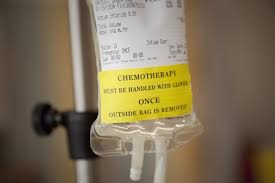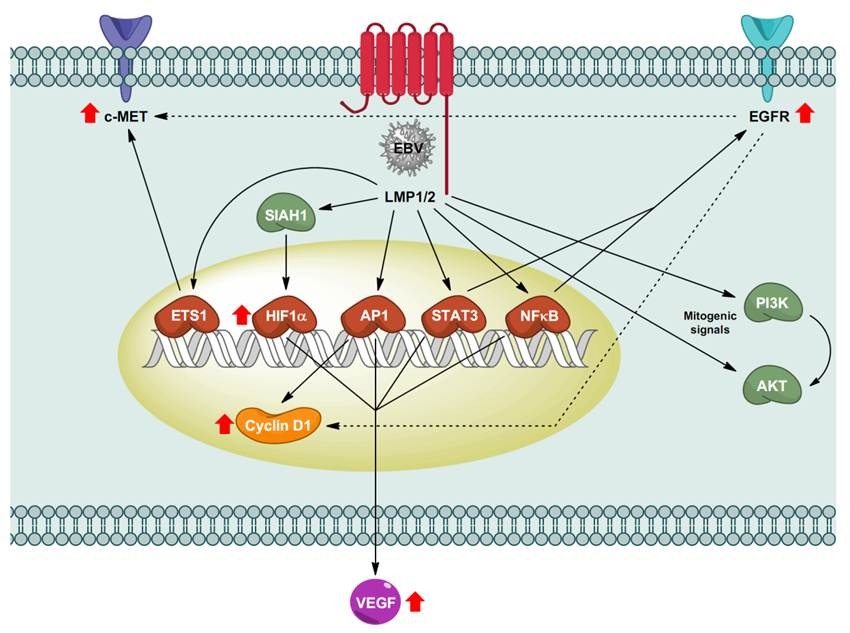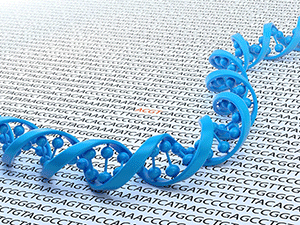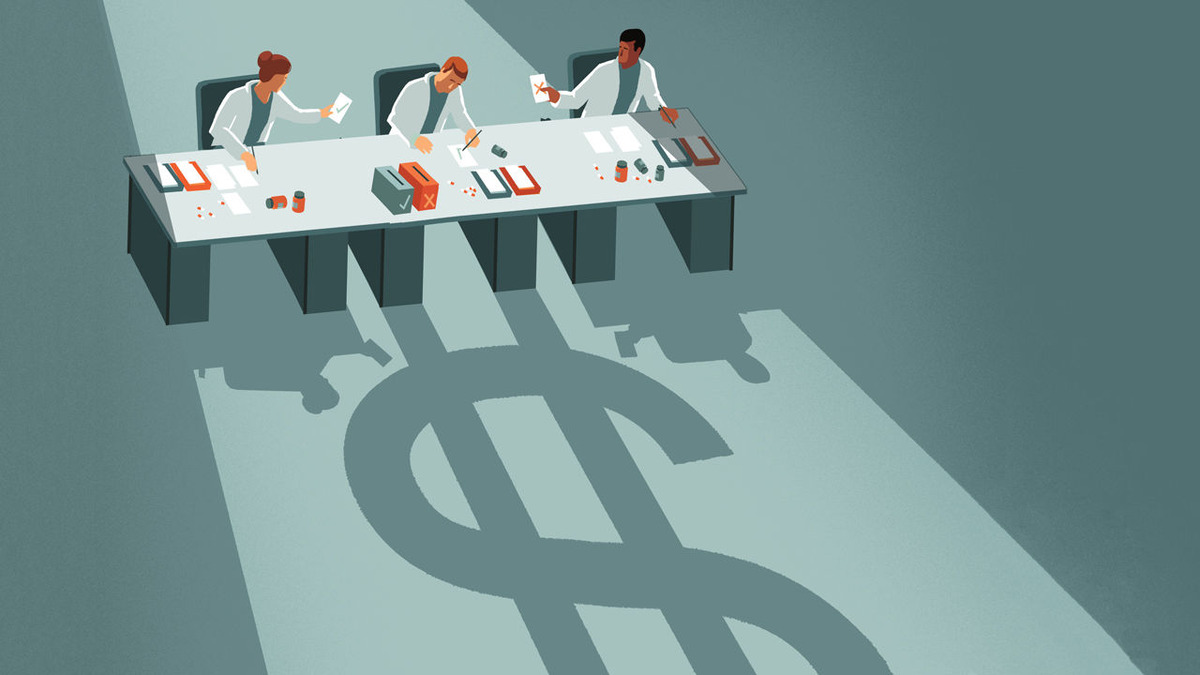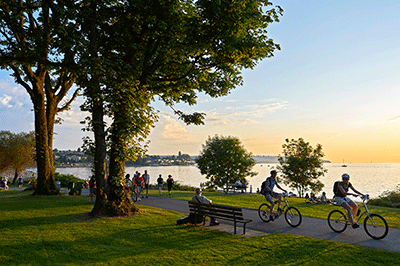Nobel Conference 56Resources to Learn More
Living with Cancer: Lifestyle Changes After Diagnosis
Life expectancies post-diagnosis are increasing, and a growing population is living long-term with cancer.
Mental Health Check
Many cancer patients and survivors struggle not only with the physical effects of cancer, but also the psychological effects of a chronic condition. Studies show that addressing mental health can increase survivorship, and practitioners have begun treating a patient’s psychological challenges--part of a trend to treat the whole patient, instead of just their cancer.
Impact of Pediatric Cancer on Family Relationships from National Center for Biotechnology Information
Communication Preferences of Pediatric Cancer Patients: Talking About Prognosis and their Future Life from National Center for Biotechnology Information
Emotional Regulation and Adjustment to Childhood Cancer: Role of the Biological, Psychological and Social Regulators on Pediatric Oncology Adjustment from the Iranian Journal of Cancer Prevention
Science Minute: What is Psycho-Oncology?
Presented by Fengxi Sun, Gustavus class of 2021
Cancer’s burden extends beyond the physical to psychological distress.
Learn more by watching this short video.
Exercise and Nutrition
Numerous studies have found that regular exercise can reduce the risk of getting seven leading types of cancer. Aerobic activity and resistance training have further been found to improve treatment outcomes after diagnosis for breast, colon, and prostate cancer—with many more types showing promising initial results. Exercising even reduces costs and strains on the medical system—active patients are less likely to need emergency room visits and additional medications.
Check out the Yoga For Cancer videos created by Gustavus professor of theater and dance, Michele Rusinko.
Take a look at the three-part cooking demo, featuring recommendations from the American Cancer Society and presented by Gustavus health and exercise science faculty Nate and Stephanie Otto.
Physical Activity and Cancer from the National Cancer Institute
Every Cancer Patient Should be Prescribed Exercise Medicine from The Conversation
Effects of Exercise on Physiological and Psychological Variables in Cancer Survivors from American College of Sports Medicine
Working with Breast Cancer Survivors: Program Design and Beyond from the American Council of Exercise
The American Institute for Cancer Research supports research into practical tools that will enable people to prevent cancer, and also to survive cancer.
AICR's "Third Expert Report" summarizes global research into the relationships between nutrition and exercise, and preventing and surviving cancer.
Let's Eat and Drink Healthy from Cancer Research UK
Nutrition in Cancer Care (PDQ®) from the National Cancer Institute
Alternative Treatments
In treating their cancer, patients with a holistic attitude to the disease might choose to explore treatments that are not a standard part of western medical practice. How does the medical community think about alternative treatments for cancer--those outside the mainstream protocols?
Alternative Cancer Treatments: 10 Options to Consider from the Mayo Clinic
The Truth About Alternative Medical Treatments from the American Cancer Society


